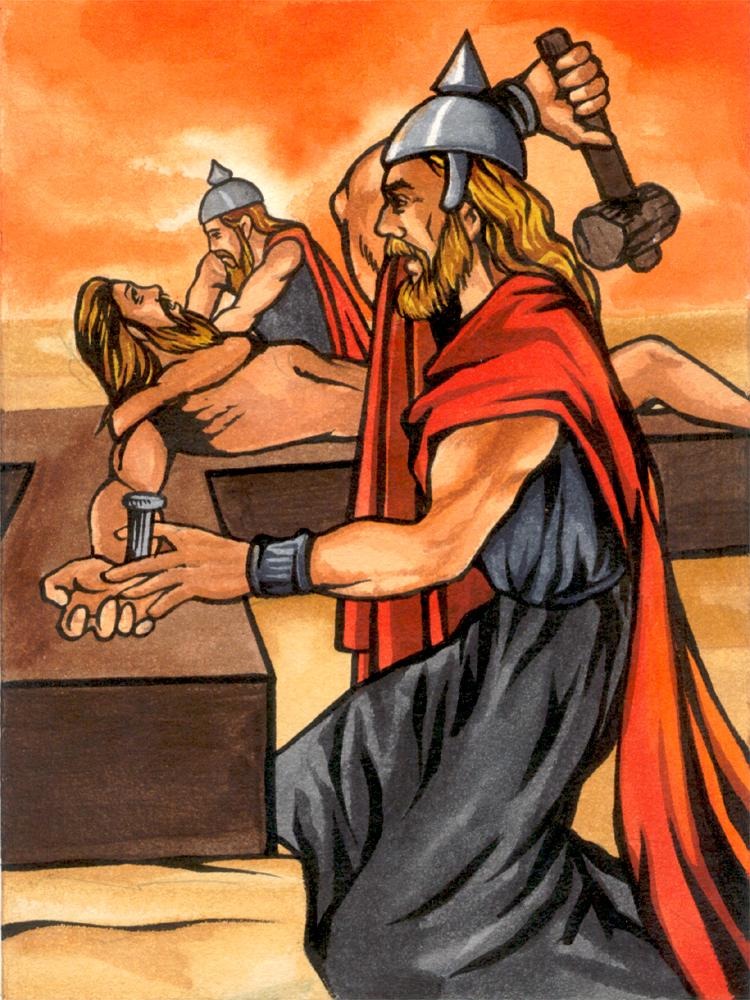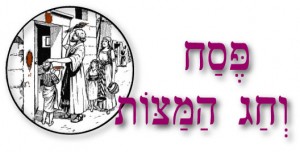Leviticus 16:1–34, Passover and the Day of Atonement compared. A cursory reading of the Scriptures seems to indicate that there exists overlapping similarities between some of the blood atonement ceremonies of Passover or Pesach and the Day of Atonement or Yom Kippur.
What are the differences between the sin atonement offerings of Pesach and Yom Kippur?
Perhaps realizing the fact that the Passover occurs during the spring feast day season and the Day of Atonement occurs during the fall feast day season may answer this question.
Prophetically the spring feast days picture Messiah Yeshua’s first coming, while the fall feast days prophetically point to his second coming. How does this understanding shed light on the answer to this question?
Both Pesach and Yom Kippur picture redemption through the shed blood of Yeshua; that is, being delivered from bondage to sin and the rudiments of this world.
Passover symbolizes the first steps a new believer takes when coming out of spiritual Egypt and accepting Yeshua, the Lamb of YHVH, as one’s Savior and Master.
Yom Kippur, on the other hand, pictures the blood of the Lamb covering over the sins of the individual and the corporate sins of the nation of Israel. Yom Kippur also prophetically points to the time when Yeshua will return to the earth to initiate the final regathering of lost Israel, and to prepare to marry his bride, redeemed Israel.
Perhaps this understanding will help to answer why another Passover-like feast is needed. Yom Kippur doesn’t focus so much on leaving Egypt, but rather on YHVH’s people preparing to enter the millennial kingdom under the Messiah.





